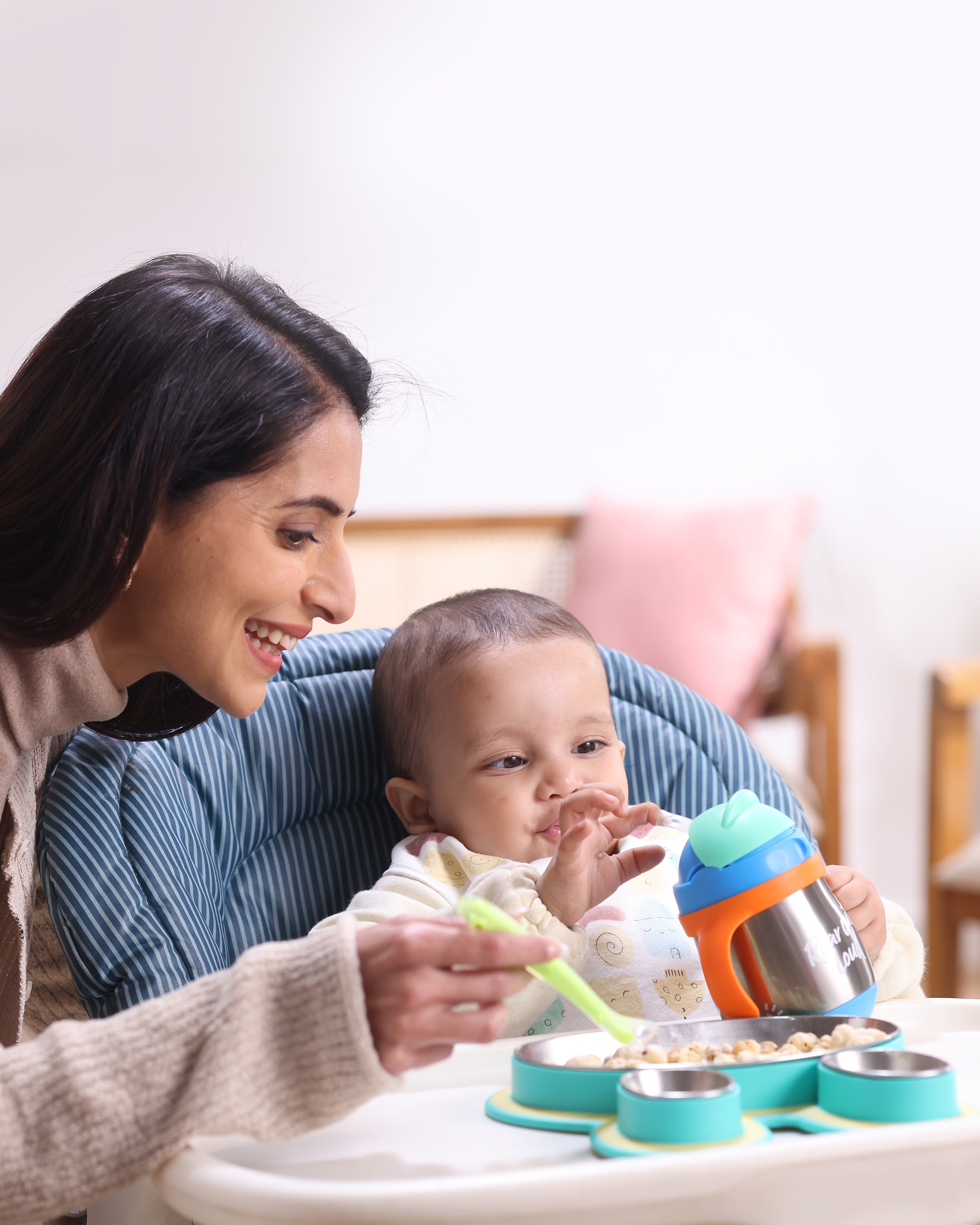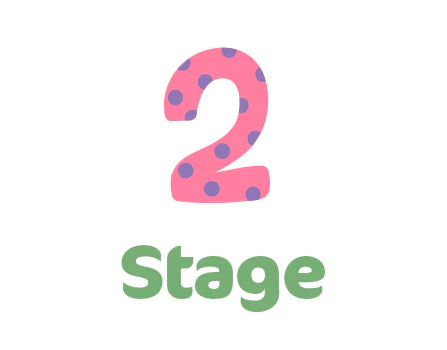For new parents handling and understanding the needs of baby is often very difficult. They get stressed on little things, sometimes over protective and confused which make them tired and exhausted. Parents usually get worried and fatigued because of the untimely sleep pattern of their newborn.
Here we have a little guide on the sleep cycle of a newborn which will help parents learn more about their baby’s sleep schedule.
THE SLEEP PATTERN OF A NEWBORN
The baby in his early weeks sleep most of the day and night in his swaddle and only wakes up to get feeding. The sleep pattern is set of small naps usually of 3-4 hours. Babies generally sleep a total of 16-18 hours in every 24 hours which includes 8-9 hours of nap during day time and almost same hours of dozing at night. Newborns have small appetite so they need to get nourishment after every few hours whether its day or night and when the stomach is full they are again off to sleep. As the baby grows he requires less sleep which means more playtime, this time period is the most wonderful part of being a parent.
SIGNS OF SLEEP
The baby is too small to understand that it’s the time for bed or that he is tired and needs a nap. Instead when the little one is drained he becomes fussy, starts rubbing his eyes due to sleepiness, starts looking away or yawns. These are the signs that it is time to put the little one on his baby crib. It is important for parents to recognize the indication of sleep readiness and help the baby to fall asleep by providing the environment that is safe and comfortable. To make a baby sleep and to assure that he takes a good nap it is important to make the baby bedding comfortable and soft by baby bedding sheets and crib mattress.
HELP THE BABY TO HAVE A GOOD SLEEP
When the newborn is resting in his baby nest he often wakes up in the middle of his nap, it might be due to any harsh sound or disturbance or even sometimes because his own hand and feet movements, if the environment is sleep friendly, i.e. lights are dim and no harsh sounds, and a reassuring hand of a familiar person is there the baby will fall asleep within few minutes again by himself.
CAUTIONS TO TAKE WHILE SLEEPING
The American Academy of Pediatrics recommends that the infants under the age of 1 year should sleep on their backs to lower the risk of SIDS (sudden infant death syndrome). When the baby sleeps on their back it helps them to breathe properly by not letting to form the blockage of nose and mouth.
Parents usually complain that their baby sleeps more peacefully on their tummy. It might be true in some cases but it has a lot of risk. The babies will adjust to sleep on their back after few attempts if the caregiver starts placing them on their backs every time when they are off to sleep.
References
https://www.chop.edu/conditions-diseases/newborn-sleep-patterns
https://www.ncemch.org/suid-sids/documents/SIDRC/BackToSleep.pdf
https://www.urmc.rochester.edu/encyclopedia/content.aspx?contenttypeid=90&contentid















